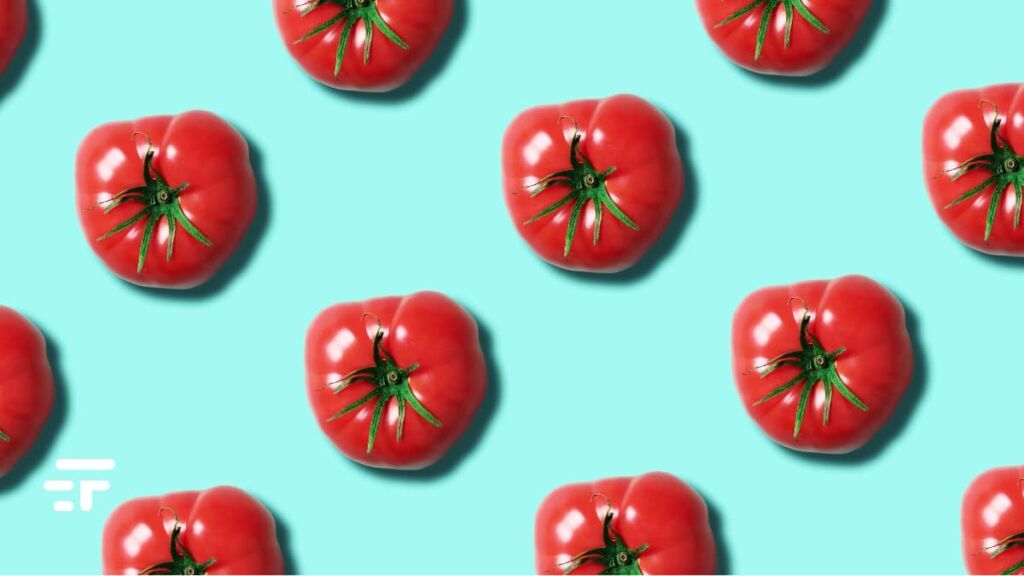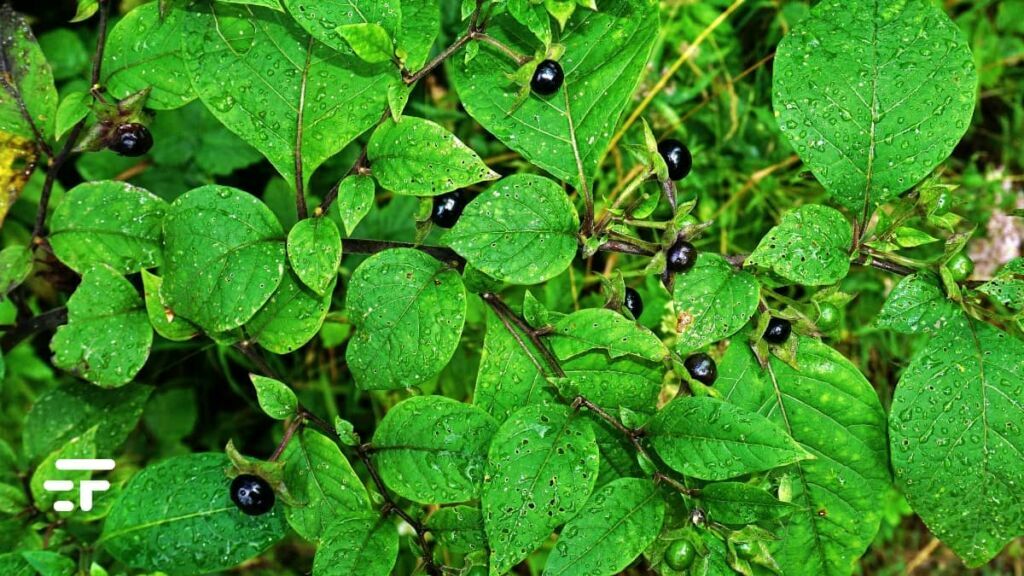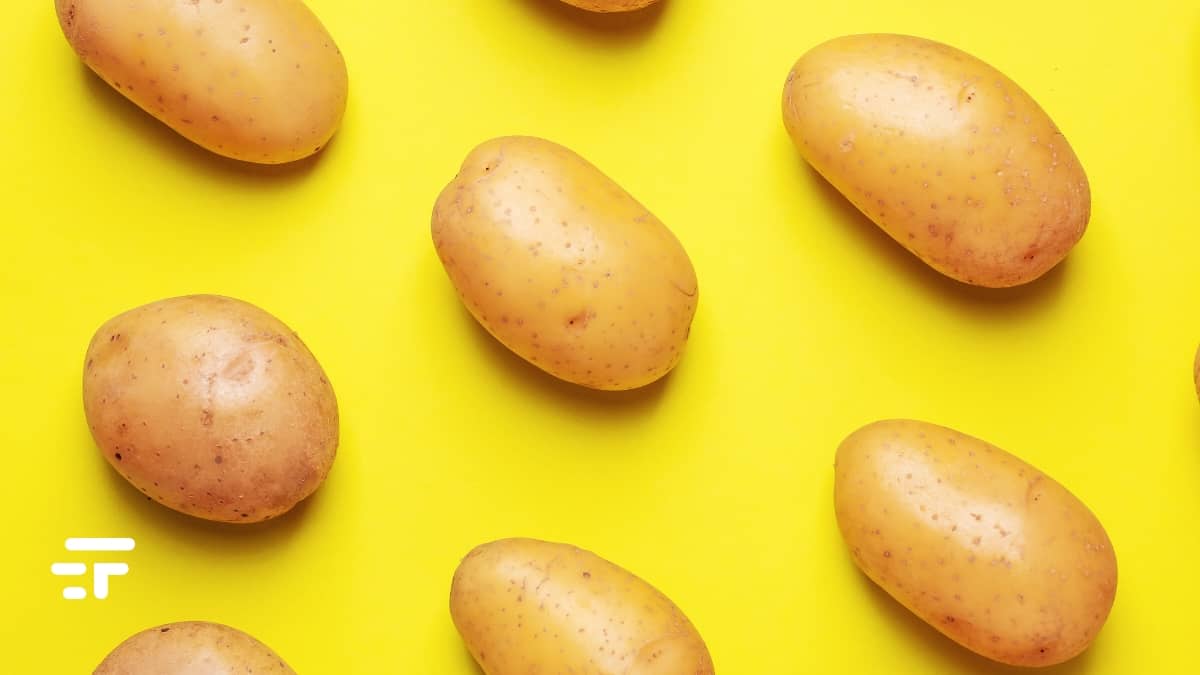Almost 20 million cases, and around 10 million deaths: cancer is the apocalypse that we experience every year on our own skin or on that of friends, acquaintances and family. Cancer treatments offer results, but they can also damage healthy cells or have serious side effects.
Today, the search for new, more targeted anticancer drugs finds possible candidates in mainstream medicine.
A team of Polish scientists led by Magdalena Winkiel from Adam Mickiewicz University, examined bioactive compounds called glycoalkaloids, found in vegetables such as potatoes and tomatoes, to demonstrate their potential in anti-cancer treatments.
Their study has just been published in Frontiers in Pharmacology, I link it here.

Potatoes and tomatoes anticancer?
“Scientists around the world have been searching for years for drugs that are lethal for cancer cells but safe for healthy cells,” Winkiel says.
It is not easy, despite the advances in modern treatment techniques. This is why it may be worth re-examining the properties and potential of natural substances.
Magdalena Winkiel
Medicine from poison
Winkiel and colleagues focused on five glycoalkaloids: solanine, chaconine, solasonine, solamargin e tomatina. All substances that are found in the crude extracts of the Solanaceae family of plants, also known as nightshade.
This family contains many popular food plants: many are toxic due to the alkaloids they produce as a defense against animals trying to eat them. A correct dose can transform these poisonous substances into medicine: alkaloids can be powerful clinical tools.
Glycoalkaloids in particular inhibit the growth of cancer cells and can cause their death. They could become a key factor in cancer treatments that improve patient outcomes, and as such they have enormous potential.
A systematic review
Trials and researchers suggest that glycoalkaloids are non-toxic and have no risk of damaging DNA or causing future cancers (although there may be effects on the reproductive system. A circumstance which, given the current world situation, it is good to elaborate).
“Even if we can't completely replace cancer drugs,” suggests Dr. Winkiel, “we could start combination therapies that increase the effectiveness of cancer treatments.”
A necessary step forward is the use of in vitro and animal model studies to determine which glycoalkaloids are safe and promising enough to test in humans.

As mentioned, Winkiel and colleagues highlight the most promising substances:
solanine
It prevents some potentially carcinogenic chemicals from turning into carcinogens in the body, and inhibits metastasis. Studies of a particular type of leukemia cell have also shown that in therapeutic doses solanine kills them.
Chaconine
It has anti-inflammatory properties, with the potential to treat sepsis. Solamargin Found mainly in eggplants, it prevents liver cancer cells from reproducing. It is one of the glycoalkaloids that could be crucial as a complementary treatment. Because? It targets cancer stem cells, which are thought to play a significant role in resistance to cancer drugs.
Solasonin
Attacks cancer stem cells.
Tomatina
It supports the body's regulation of the cell cycle so it can kill cancer cells
Natural anticancer drugs, the next steps
More research is needed to determine how this in vitro potential can best be transformed into cancer cures.
Early results say that high-temperature processing improves the properties of the glycoalkaloids, and that the nanoparticles improve the delivery of the glycoalkaloids to tumor cells, improving performance.
However, the mechanisms of action of glycoalkaloids need to be better understood and any potential safety issues examined before patients can benefit from anticancer drugs straight from the garden.
In the meantime, however, you have one more proof that eating fruit, vegetables and greens (if not marred by microplastics and come on pesticides) can still be good for you. Even in ways you don't imagine.


